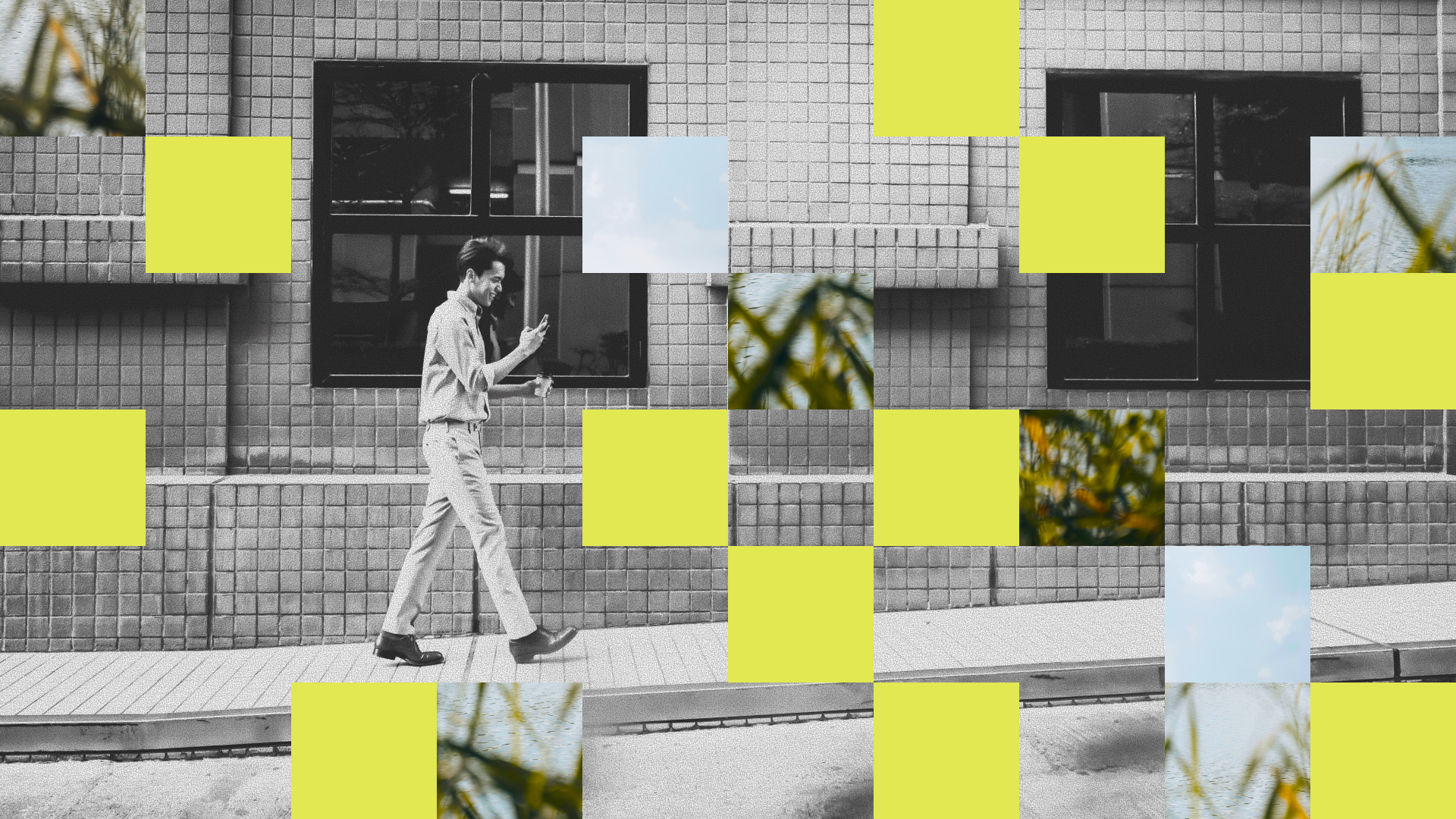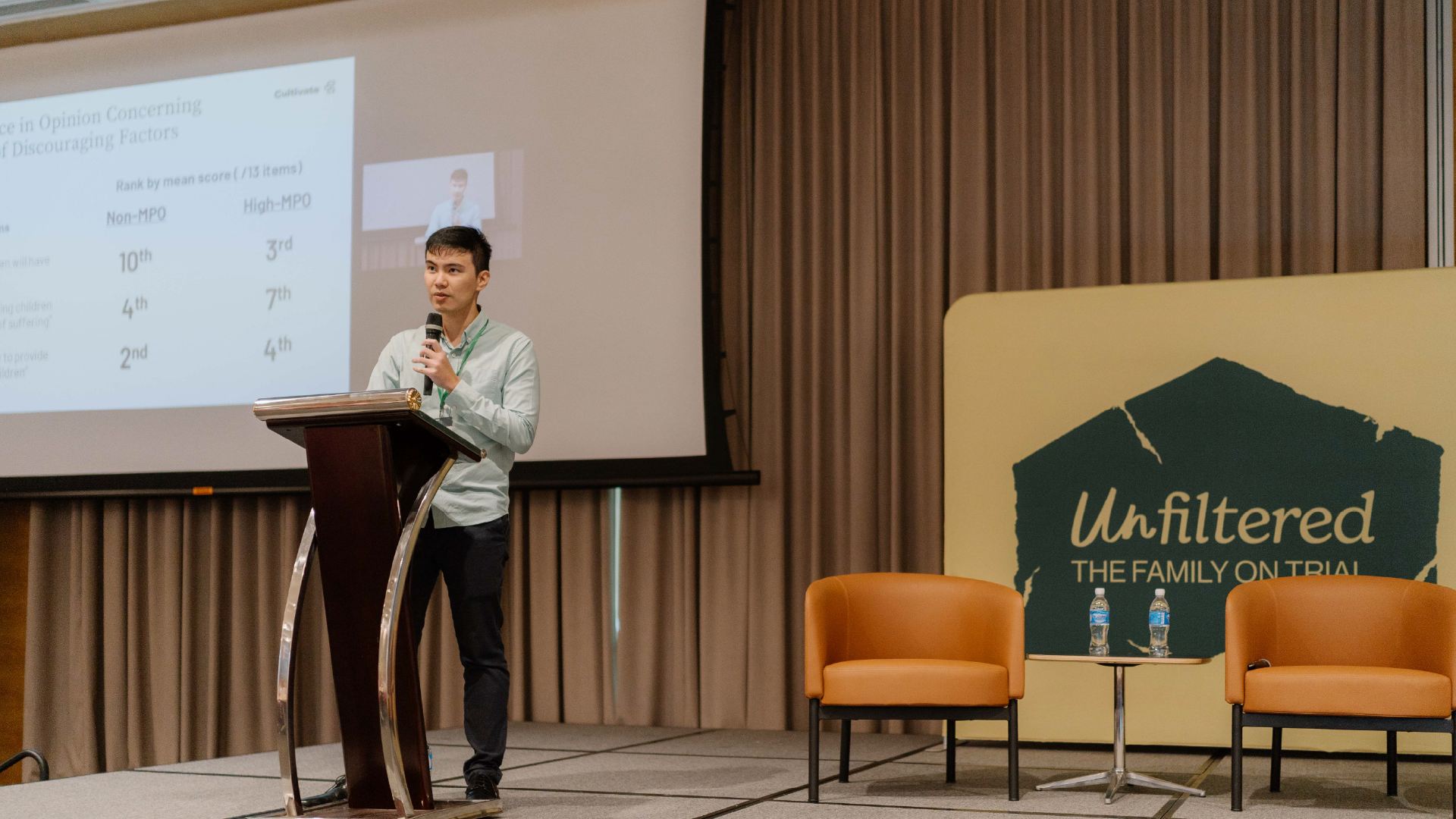Imagine that you have a flaming torch in your hand. The fire at the end of the torch emits both heat and light. You can use this torch to set fire and burn someone or something, or you can use it to light a path in the darkness.
Now imagine that there are many others like you who have torches in their hands. Together, you can create a huge raging wildfire, or you can collectively use your torches to light the way for many others.
In many ways, our use of social media is like that torch. We can use it to “burn” people, by mocking them for their looks or behaviour. Or, we can use social media to bring light, promoting kindness and greater understanding among our social circles and in the wider community. An interesting use of social media to help people is this trend of “extreme makeover” by seeking and following advice offered by netizens on the lifestyle platform Xiaohongshu (also known as RED). This trend has been so successful at helping followers “glow-up” that it began attracting foreign users in spite of language barriers! While beauty is definitely more than skin deep, this phenomenon is an interesting case study where the collective wisdom of netizens has literally “glowed up” people’s lives.
Which would you choose? The stakes are even higher when such torches are used in the areas of politics and public life.
Has Social Media Helped or Harmed Democracy?
“I believe Facebook is supporting and strengthening our democracy”, said Mark Zuckerberg, Facebook co-founder and CEO (Chief Executive Officer). Similarly, the then-CEO of Twitter (now known as X) Jack Dorsey said, “We believe many people use Twitter as a digital public square to gather from all around the world to see what’s happening and have a conversation about what they see.”
The basic idea of democracy is that everyone gets a voice and the people rule the country (“democracy” originates from the Greek words dēmos and kratos). The people have the right to discuss and decide on how their country is run, and the government is accountable to the people.
From one perspective, social media has been a great boon to democracy. It has enabled everyone who logs on to social media (no matter how young or old) to have and express their views, and to engage with the views of others, and from anywhere around the world. People can discuss and learn about a whole wide range of topics ranging from politics to entertainment and culture, and form unique interest groups with members from virtually anywhere.
Another positive effect from social media has been in the area of mental health, where people can find support online. For example, a 2023 study by the National University of Singapore and digital peer support platform Acceset found that digital peer support lowered depressive and anxiety symptoms in emerging adults by nearly 40%.
However, from another perspective, this borderless and seemingly limitless kind of engagement on social media has also allowed individuals or groups to put forth questionable, incendiary or outrightly harmful content.
In 2018, Facebook admitted that it had failed to prevent its platform from being used to “foment division and incite offline violence” in Myanmar. A Reuters investigation found numerous posts, comments and pornographic images attacking the Rohingya and other Muslims on Facebook, in the midst of a situation where around 700,000 members of the Rohingya community fled the country because of a military crackdown and ethnic violence.
In that same year, Twitter (now known as X) also found evidence of a “propaganda effort” by a Russian government-linked organisation known as the Internet Research Agency (IRA), in the context of the 2016 United States presidential election, and emailed approximately 1.4 million people to inform them about their interactions with the IRA.
In Singapore, the Select Committee on Deliberate Online Falsehoods observed that online falsehoods could be used by foreign State or non-State actors, as well as local actors, motivated by reasons such as politics, prejudice, ideology, profit, mischief or social connection. These may result in harms in both the short and long term to national security, public institutions, individuals and businesses.
How Do We Then Use Social Media Responsibly?
The truth is that social media can be used in positive and negative ways. The question that we must answer is whether we can help to promote the good and to curb the bad. Going back to the analogy of torches, we need to consider how we can encourage people to use their torches to light the way and create a brighter future together, while restraining them from using their torches to burn and destroy others.
This is a question that individuals, families, communities, societies and governments all need to grapple with, wherever we are in the world. There needs to be a sound balance between the freedom of speech and the responsibility that comes with that freedom.
Here are some practical steps that we can all take.
Firstly, make effort to listen to and understand different points of view, where they are coming from and think critically about them. This ability to listen is also an essential part of empathy, which allows us to feel another person’s pain, and a strong motivator to alleviate suffering. It enables citizens in a democratic society to see one another not as enemies, but as reasonable people of good faith with different moral, religious, political or ideological viewpoints on matters of importance.
Secondly, collectively refuse to participate in, and to reject and denounce ideas which advocate violence or demonise particular groups. Extremists often espouse rhetoric in an “us versus them” narrative, to portray certain groups as enemies or evildoers who deserve to be destroyed, silenced or marginalised.
Thirdly, support efforts to hold social media companies accountable. On one hand, social media companies should respect the rights of people to have different opinions and views, and not engage in censorship of views simply because they may be deemed controversial or politically incorrect.
On the other hand, they should also take decisive action to ensure that their platforms are not used to incite violence and harm against others.
Finally, governments can play a role in helping to protect the democratic system from any threats. These include passing suitable laws and policies that can help protect against unfair censorship while encouraging responsible speech. Governments should also guard against individuals or groups, whether foreign or local, who attempt to use social media for malicious purposes, such as election interference.
The beauty of democracy is that the power to decide the destiny of one’s country and society rests in the hands of the people.
It means that you and I can be the difference we wish to see.
We can choose to be part of the solution, and not part of the problem.


